How to keep your passport safe abroad
11th of December, 2019
The latest figures show that nearly 15 million Aussies have a passport, though while we like to pride ourselves on being seasoned travellers, we continuously rank at the top of the list for countries that have the highest prevalence of having them lost and stolen.
Last financial year alone, roughly 40,000 passports were reported lost or stolen, and over 8,000 emergency travel documents had to be issued to help get Australians abroad back home. Keeping your passport safe is vital to making sure you’ll be allowed to enter foreign countries and return home to Australia.
Losing your passport will risk spoiling your holiday plans, and you will most likely need to pay a visit to the nearest Australian embassy or consulate. So, today, we’ve put together some helpful tips for keeping your passport safe abroad.
Read on for information about the dangers your passport may face while travelling abroad and what to do if your passport is lost or stolen.
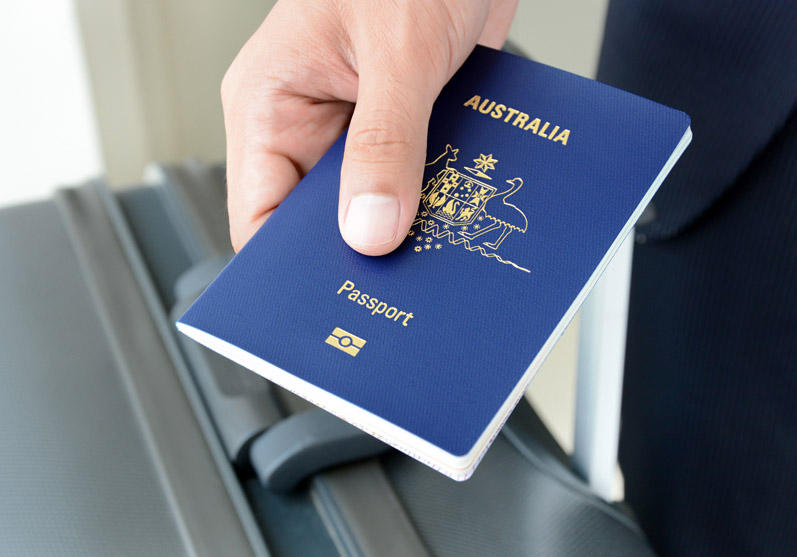
Protecting your passport before your trip
To be able to protect your passport, you first have to receive it from the government.
Most countries require your passport to be valid for at least six months from the moment you arrive in the country. If you notice your passport will soon expire, or if you have never had a passport, it is important not to wait until the last minute to apply for one.
It can take up to three weeks to receive a new passport, although you may be able to obtain it in a matter of days if you lodge your application at a selected Australia Post location and choose the Passport RAPID Service option.
Note that this priority processing comes at a much higher fee. Some countries may require you to get a visa in your passport before you arrive. If you are required to submit your passport to an embassy or consulate to get a visa placed in your passport, be sure to use registered post to mail your passport for your visa application.
This will allow you to track where your passport is, and submitting a prepaid self-addressed envelope will help make sure your passport gets to you. Once you have your passport, storing it in a safe will provide protection when not in use.
Make sure to keep track of how many blank pages you have left for new passport stamps, and always make sure you book travel tickets using the exact name that is displayed on your passport, something that can be an issue if recently married and taking a new last name.
Before heading off on your holiday, your first step should be purchasing travel insurance. The right policy can help you recover the costs of replacing your passport while overseas if it’s lost, stolen or damaged during your trip so that you may continue with your travels and return to Australia.
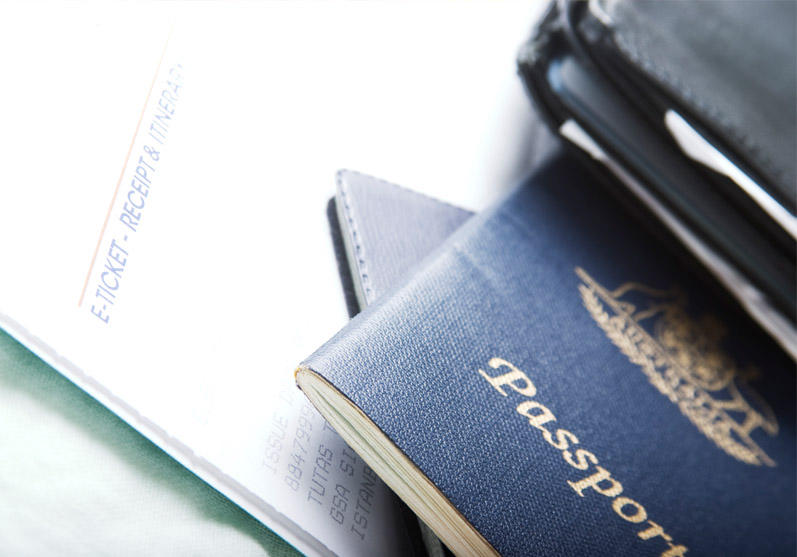
Place emergency contact information inside your passport
Your passport has a page dedicated to placing your address and emergency contact information.
Anyone who finds a lost passport is encouraged to submit it to the nearest Australian passport office, consulate, or local police station.
Filling out the requested personal details and emergency contact information in your passport will make it easier for authorities to get your passport back to you quickly or to notify family members if something happens to you during your travels and you are unable to contact them yourself.
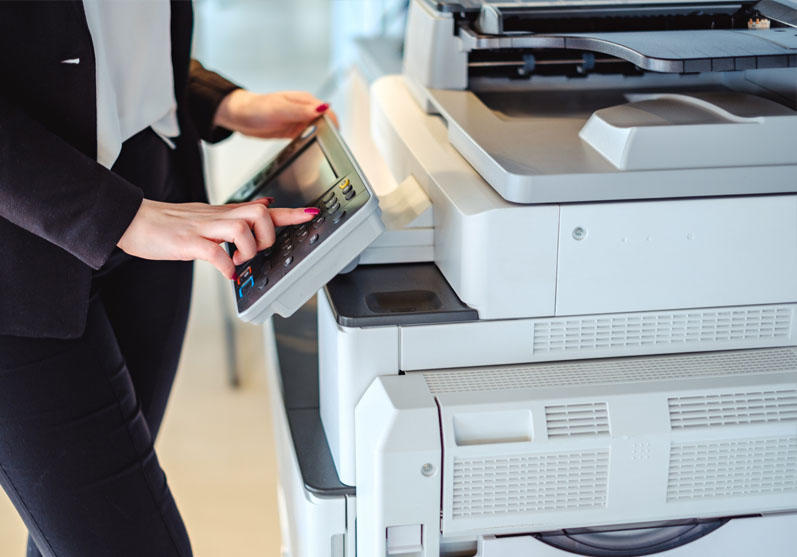
Make copies of all your passport information
Before you depart for your holiday, be sure to make copies of your passport.
While the personal details page is the most important page to copy, it is also a good idea to copy pages with passport stamps and visas.
Keep a physical copy of your passport in a separate location from your real passport throughout your travels, and keep a digital copy in Dropbox or email it to yourself so that you may easily access it worldwide should you lose both your original passport and physical copy.
Having copies of your passport details will speed up the process of getting a replacement passport should yours be lost or stolen while travelling.

Don’t keep all passports in one place when travelling as a family
Having one member of a family hold onto all passports opens up the possibility for them all to be lost if they are targeted by theft or to be lost due to carelessness.
While you may have to keep track of passports belonging to small children, it is generally advised that all adults and older children in a travelling party hold onto their passports.
If you are a couple travelling with multiple small children, divide the passports between the two of you to minimise the risk of losing them all.
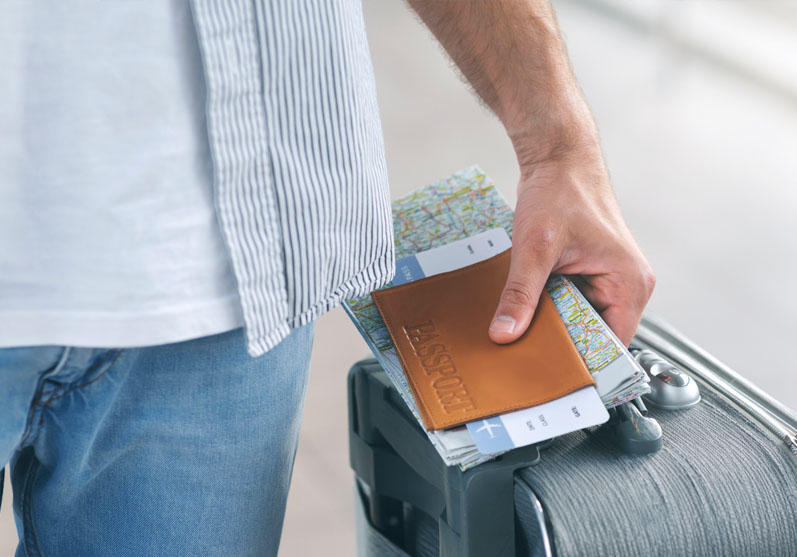
Avoid putting your passport in your luggage
Whether you’re travelling with checked luggage or simply carry-on luggage, a suitcase is no place for your passport.
You cannot get through immigration without your passport. Don’t assume that a passport in your carry-on is safe either, as someone can quite easily grab your bag when exiting the plane or when using an airport shuttle bus, whether they do so by accident or purposely.
Stick to carrying your passport on your body, using your front pocket, a secure undershirt wallet, or some other secure carrying method.
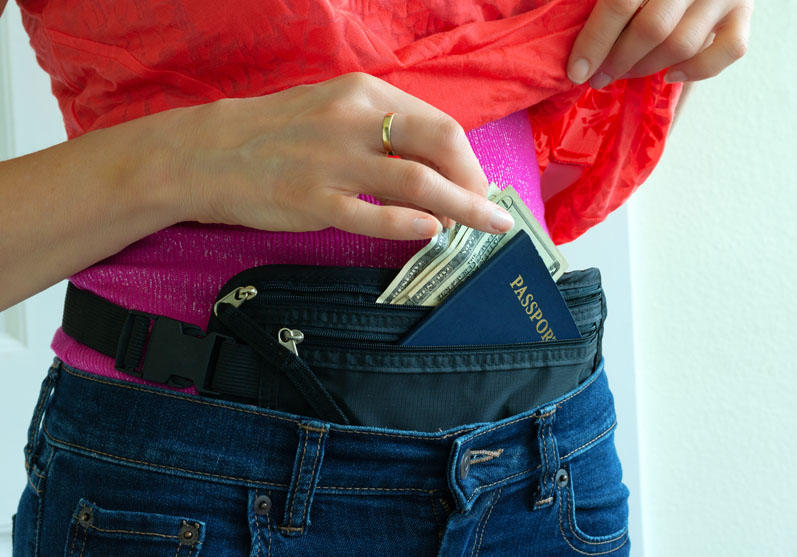
Keeping your passport secure while carrying it
There are many instances while travelling where you will need to have your passport on you, such as at airports, renting an international vehicle, or checking into a hotel.
Additionally, a number of countries require you to always carry a valid form of ID that may be requested by police at any time. You may even be required to show your passport when using domestic trains and flights in certain countries.
While it may not be fashionable for everyone these days to wear a bumbag, there are other ways to safely secure your passport while it’s in your possession. They make theft-resistant backpacks and discreet under-clothing money belts, many of which are equipped with RFID Blocking.
All new Australian passports are ePassports that are equipped with microchips utilising Radio Frequency Identification (RFID) technology. This helps speed up the transmission of passport data, but also may make them a target for hackers looking to steal your important personal details from your passport or credit cards. RFID-blocking purses and backpacks will help avoid this situation.
Always pay attention to your surroundings when pulling out your passport, choosing only private or secure places to do so. This will help deter thieves who may be after your passport and will also help prevent giving away your nationality, which could be important in instances of terrorist attacks where specific nationalities are targeted.
Never keep your passport in the same spot as other targeted items, such as your mobile phone or money, and always choose a hard-to-reach zippered pocket that is closest to your body when storing your passport in a backpack.
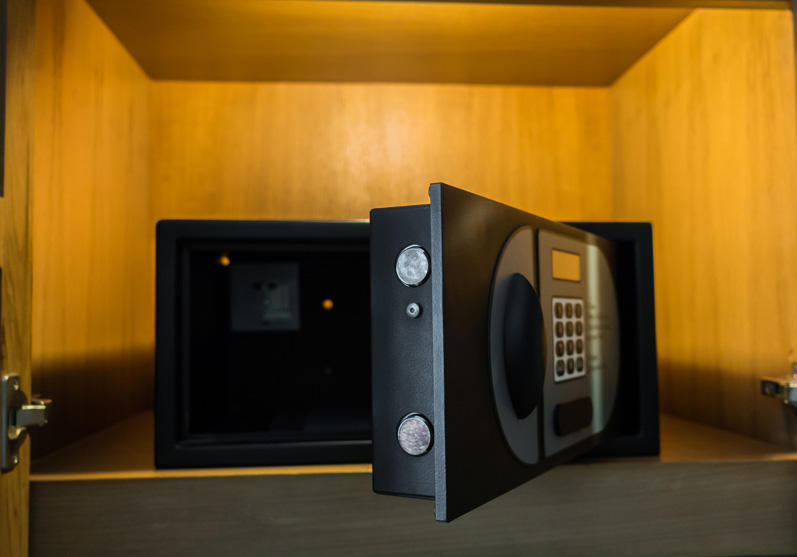
Lock up your passport when not in use
There are, of course, many times when it won’t be wise to carry your passport while travelling.
Whether you’re planning to do some surfing or snorkelling at the beach or want to enjoy some zip lining through the rainforest treetops, there are many activities where having your passport on you will increase the chances of it being lost, stolen, or damaged.
If available, utilise your hotel safe to lock up your passport and other valuables. If your room doesn’t have a safe, you can ask the hotel or hostel reception to store your passport in their main safe. Only do this when staying at reputable accommodation brands.
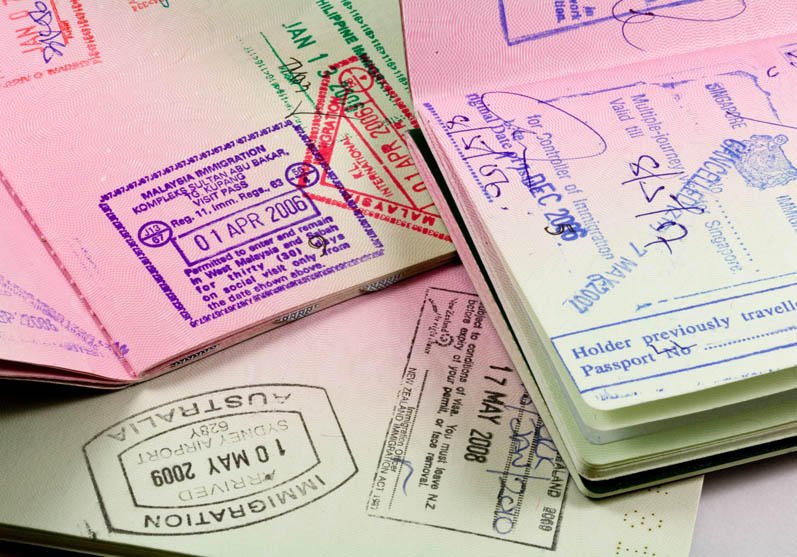
Never surrender your passport to a vendor
While you may be asked by hotels and tour operators to show your passport, very rarely should anyone ever need to hold onto your passport.
Encourage any hotel or tour operator who wishes to hold onto your passport to accept a copy of your passport instead.
This is why it is a good idea to carry several physical copies of your passport, although most establishments should be able to make a copy of your passport themselves.
Be very wary of any company that insists you surrender your passport, as it may be part of some scam.
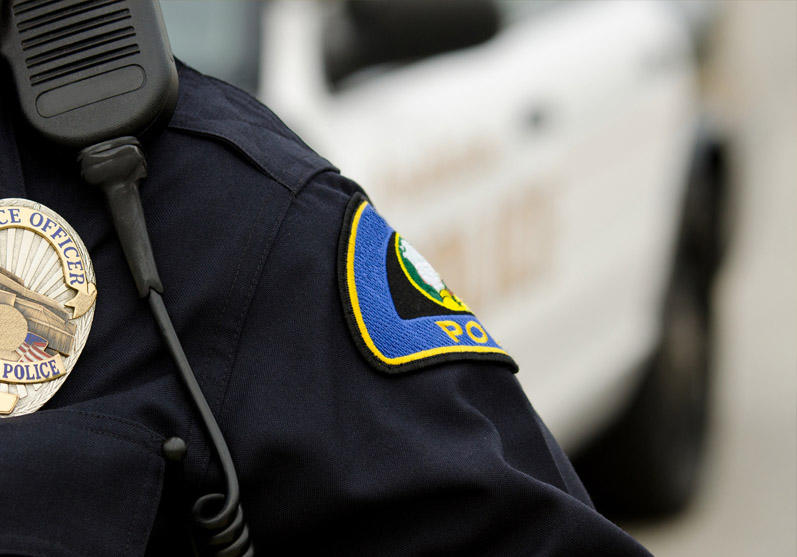
Avoid passport scams
It is important to be aware of potential scams that may result in your passport being stolen.
While rare, there are cases of passport thieves disguising themselves as police officers. While you may be able to recognise what Australian police officers look like and their protocols, this can be difficult while abroad.
If a police officer asks you to surrender your passport, ask to see some ID or insist that you be brought to the local police station for further explanation on why you need to hand over your passport.
Other thieves may not be targeting your passport per se, but may simply be after your backpack or other personal belongings.
Always keep tabs on your personal belongings while travelling, and don’t fall victim to distraction techniques used by thieves that are designed to make you lose concentration. Be wary of any stranger who eagerly and relentlessly wants to offer unsolicited assistance or advice, as they may be attempting to steal from you.
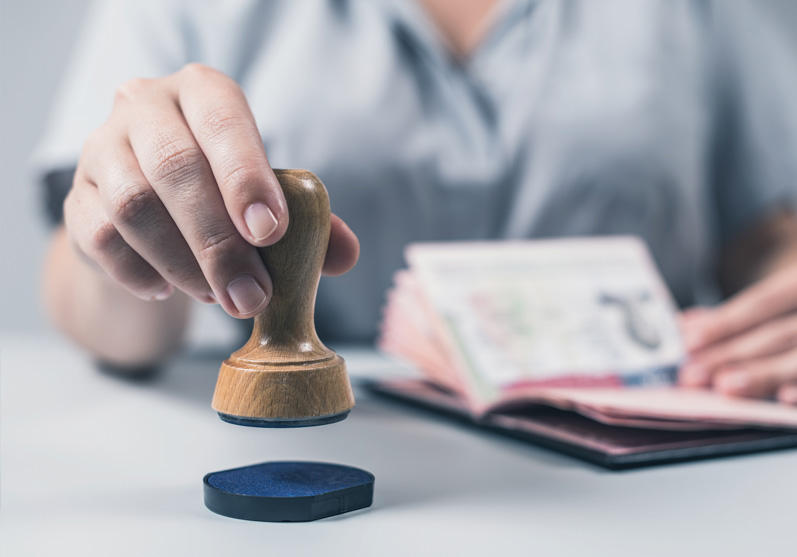
Protect your passport from being damaged
While passports are stolen abroad, it’s more likely that you will be the one to put your passport at risk.
A badly damaged passport can be just as bad as a lost or stolen passport, and our carelessness can lead to our passport being deemed invalid due to its being damaged.
Weather can wreak havoc on your passport, with rain and excessive humidity the main culprits capable of damaging your passport. Excessive heat can also damage your ePassport’s microchip, as can excessively bending your passport.
Nearly everything on your passport needs to be clear and legible, with no signs of tampering or alteration. Countries are becoming stricter about enforcing the need for a clean and crisp passport – your passport may be deemed invalid if pages are torn, stained, or removed.
There have been recent instances of Australian travellers visiting places like Bali who have been denied entry because of badly damaged passports. Invest in a sturdy passport holder that will shield it from the elements and any abuse you may throw at it.
There are many holders that are waterproof, and some sport a durable hard case.
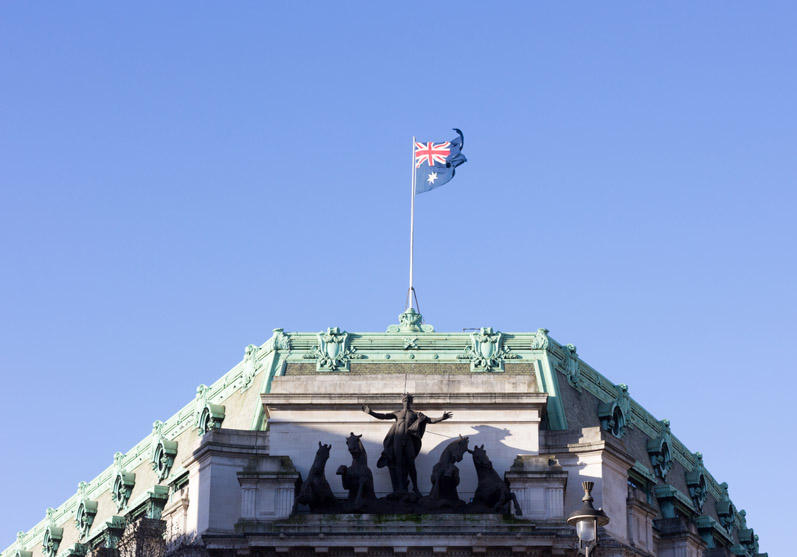
What to do if you lose your passport
Despite all your careful planning and precautions, there may be a time when you do lose your passport abroad.
If your passport is lost or stolen while travelling, report it to the local police and the Australian government as soon as possible. Australian embassies and consulates are the point of contact for Australian passport services.
Contact the 24-hour Consular Emergency Centre in Canberra at +61 2 6261 3305 if your passport is lost, stolen, damaged, faulty, or expired. Another helpful number is the Australian Passport Information Service (APIS), which can be reached at 131 232.
Remember to get a copy of the police report after reporting a lost or stolen passport to the local police and immediately contact your travel insurer, who may be able to cover the replacement costs of your passport should you have the appropriate level of cover.
If you happen to find your passport after reporting it lost or stolen to the Australian government, you can no longer use that passport as the government cancels it immediately to prevent criminals from misusing it.
Frequently losing your passport may force the Australian government to place shorter validity periods on your future passports. It is always a good idea to carry extra passport photos with you while travelling in case you need them to get a replacement passport.
In some cases, a temporary emergency passport may be issued, which will have a very short validity period, fewer pages, and no chip like the standard ePassport.
